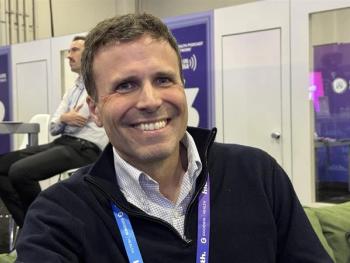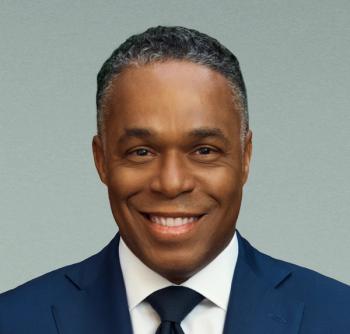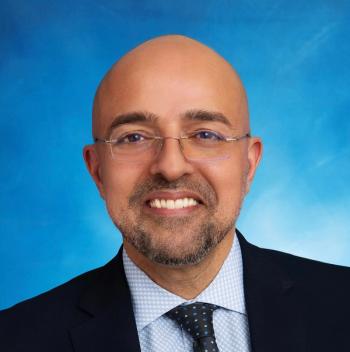
Even with challenges, rural healthcare has high ‘opportunity for excellence’
On National Rural Healthcare Day, former CMS leader Donald Berwick talked with Dartmouth Health CEO Joanne Conroy about improving health in small towns.
There are no shortage of challenges to improving healthcare in rural areas.
Rural hospitals and health systems have long wrestled with sobering financial difficulties, which
More than 130 rural hospitals have closed since 2010, according to a
However, with the observance of National Rural Healthcare Day Thursday, Dartmouth Health presented a conversation on the potential of caring for patients in rural communities. Donald M. Berwick, former administrator of the Centers for Medicare & Medicaid Services, spoke with Joanne Conroy, Dartmouth Health’s CEO and president, about the promise of better care in rural communities.
Berwick grew up in what he described as a “tiny town” in Connecticut. “I’m kind of steeped in this sense of belonging in a community,” he said. “I guess that’s not a bad image to me of what we should mean as rural care.”
But he said when managed appropriately, “rural health is a much more holistic, integrative and inclusive idea.”
“The opportunity for excellence in rural health is phenomenally high,” Berwick said.
In some rural communities, it can be easier to build together the support system for a child who has health issues but also has other social needs.
Berwick noted that current federal funding mechanisms aren’t set up to support rural health, and he certainly possesses the background to make that assessment. He was tapped by then-President Barack Obama to be the CMS administrator in 2010, but resigned in late 2011 due to stiff Republican opposition to his nomination. He also is president emeritus and a senior fellow at the Institute for Healthcare Improvement.
Around the world, other countries are increasingly having conversations very similar to discussions in America about moving from a system of treating the sick to helping people get and stay healthy, he says.
Berwick said every nation he’s visited recently is talking about moving from a hospital-centric system “to one that’s actually organized around health and the production of well-being. Everybody’s talking that language now.”
“We know what makes health,” Berwick said. “It isn’t hospitals. Hospitals are wonderful, and thank God they’re here when we need them. But the generators of health are early childhood experiences, the education system, the workplace, elder care, avoiding loneliness, transportation, food security, environment,” he said.
While it’s clear on what helps people thrive, Berwick acknowledges it’s not easy to make that transformation happen.
“If we’re going to generate health, the job changes,” he said. “It’s a puzzle how to get there from here.”
The current status quo, in federal aid, and training for jobs, doesn’t support a system to create healthy communities.
“I know and believe our hospitals ought to, and will, be engaged at a pretty high level in thinking of how to move to health generation as important as healthcare generation,” Berwick said.
“That is a top priority for the AHA to think about health and not just illness,” Conroy said. She added, “The payment system probably gets in the way right now.”
Conroy noted that the integration of technology “is very important in rural healthcare.” It can also help health systems spread resources and reduce headaches for patients.
In rural New England, Conroy said it’s not unusual for patients to travel two hours to see a doctor. But with technology, some of those trips aren’t necessary, for patients that may need a wound check. Some of those patients can simply send an image of their wound electronically.
“The surgeon can look at the picture and actually say, ‘Yeah you look great. No need to get in the car and drive all the way down here.’ And it’s been liberating, not only for our providers, but certainly for patients,” Conroy said.
Berwick said he’s bullish on the potential for artificial intelligence to help physicians and health systems offer better care. But he said there’s need for caution, since AI can make mistakes.
Even if AI can be used to support a diagnosis, Berwick said there will always be a need for clinicians.
“You can’t take the people out of the system,” Berwick said. “No machine can hold my hand.”
“We have to meld the judgment of caring human beings with the enormous potential of this information management system. I think we’re at the very early days on this.”
Conroy noted that technology can be used effectively to handle some administrative tasks, and that’s going to be a necessity, given staffing concerns.
“We have to replace vacancies with technology because there aren’t going to be enough people to perform all the tasks for how we’re currently delivering care,” Conroy said.







































